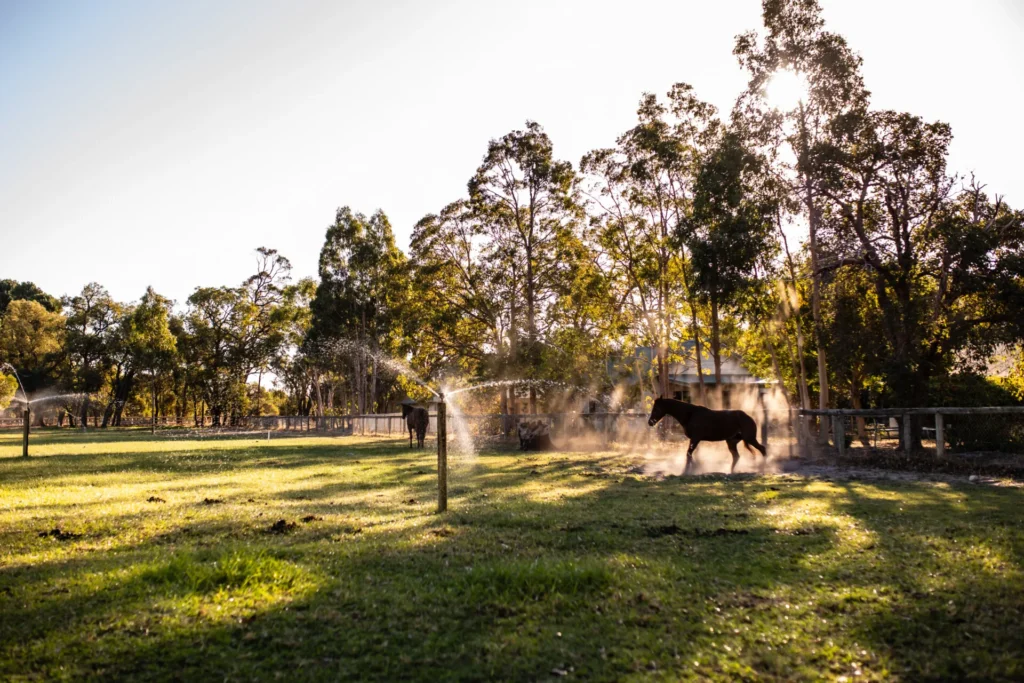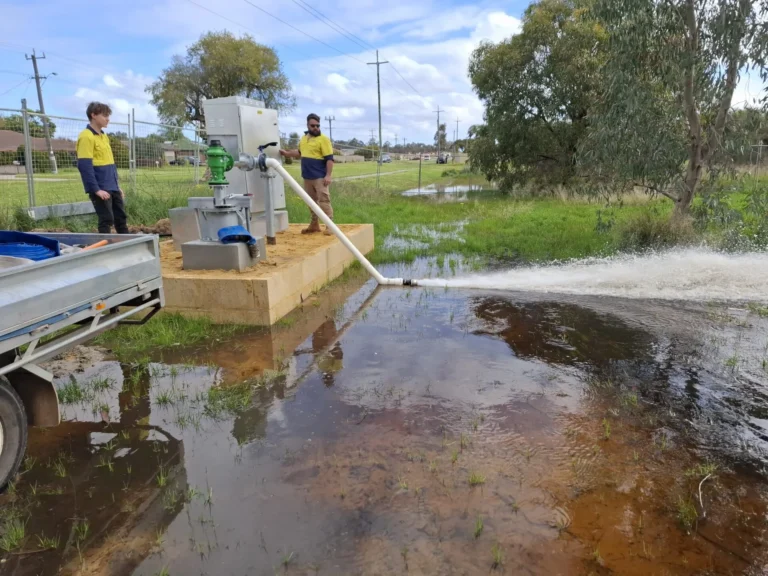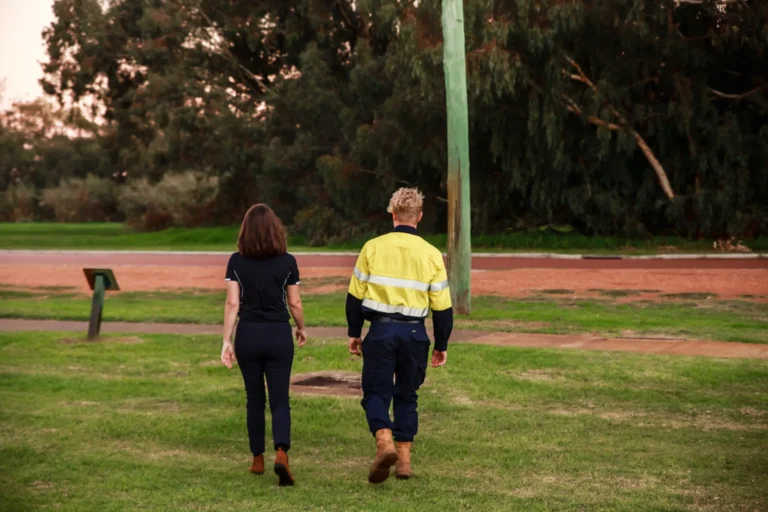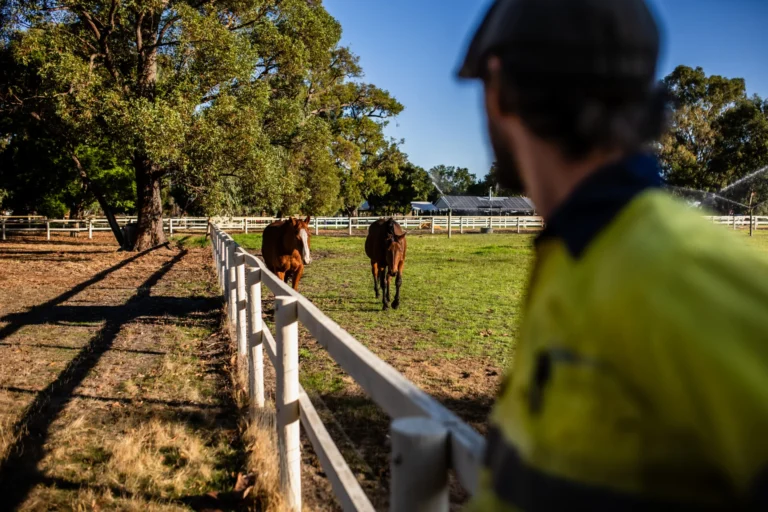Water licensing and trading is still a largely undeveloped market.
It’s common for people to compare it to property sales. For instance, water licences and land are both assets—so aren’t they transacted the same way?
This is a fair comparison since there are a few similarities between property and water licences. These include:
- Dealing with agents
- The negotiation process
- A commission-based business model
- Sales processes
However, at a closer look, property and water sales can be quite different. In this article, we explore five of the most relevant differences, providing clarity on the unique challenges of water licensing and trading.

1. Water Value is Difficult to Estimate
It’s difficult to estimate water licence market trade prices.
This difference exists partly because, in comparison to water, property has been transacted for centuries. There’s publicly available information on property sale prices, but this isn’t true for water.
Water trading lacks a centralised public record of transactions, which means individuals must rely on private information to assess value.
Solution:
Finding a service with access to a database of recent water licence trades allows trading parties to accurately estimate water licence values.
2. Water Licences Aren’t Permanent
Unlike property, water licences come with conditional ownership.
If licence conditions are breached, the Department of Water and Environmental Regulation (DWER) can reclaim the licence. While a licence is legally owned by its licensee, there are specific requirements that must be met to maintain ownership.
Key Differences from Property:
- Property ownership is permanent (unless sold).
- Water licences must comply with conditions to remain valid.
- If conditions aren’t met, DWER can revoke the licence.
This difference makes water trades riskier and more complex than standard property transactions.
3. Water Supply and Demand is Less Predictable
Property values are influenced by economic and demographic factors, such as:
- Interest rates
- Infrastructure developments
- Population growth
In contrast, water licence values depend on natural and regulatory factors:
- Climate conditions (droughts vs. rainfall)
- Government regulations (allocation caps, trading rules)
- Regional water availability
Because climate variability and regulatory changes directly impact water prices and demand, water trades require more strategic forecasting than property sales.
4. Water Trades Take Longer Than Property Transactions
Property transactions follow standardised legal processes with:
- Established conveyancing timelines
- Defined contract terms
- Predictable settlement periods
Water trading, however, is not as streamlined because:
- Regulatory approvals take longer due to environmental impact assessments.
- Trading rules vary depending on catchment areas and jurisdictions.
- DWER and other authorities must approve each transfer.
This means water trades typically take longer than property sales, requiring more administrative steps.
4. Water Licences Have Use Restrictions
Property buyers can typically use their land as they wish, subject to zoning laws.
However, water licences come with strict use conditions, including:
- Allocated water volumes (can’t exceed permitted usage)
- Restrictions on transferability (not all licences can be traded)
- Usage compliance (must meet environmental and operational guidelines)
Ignoring these restrictions can result in penalties or licence revocation.

Key Takeaways
While water licences and property sales share some similarities, they are fundamentally different markets.
✅ Water licence values are harder to estimate.
✅ Water ownership is conditional, not permanent.
✅ Supply and demand are highly unpredictable.
✅ Water trades are slower due to regulatory approvals.
✅ Water licences have strict usage conditions.
Understanding these differences is crucial for successful water trading.
Want expert advice on water licence trading? Contact BD Water today!


